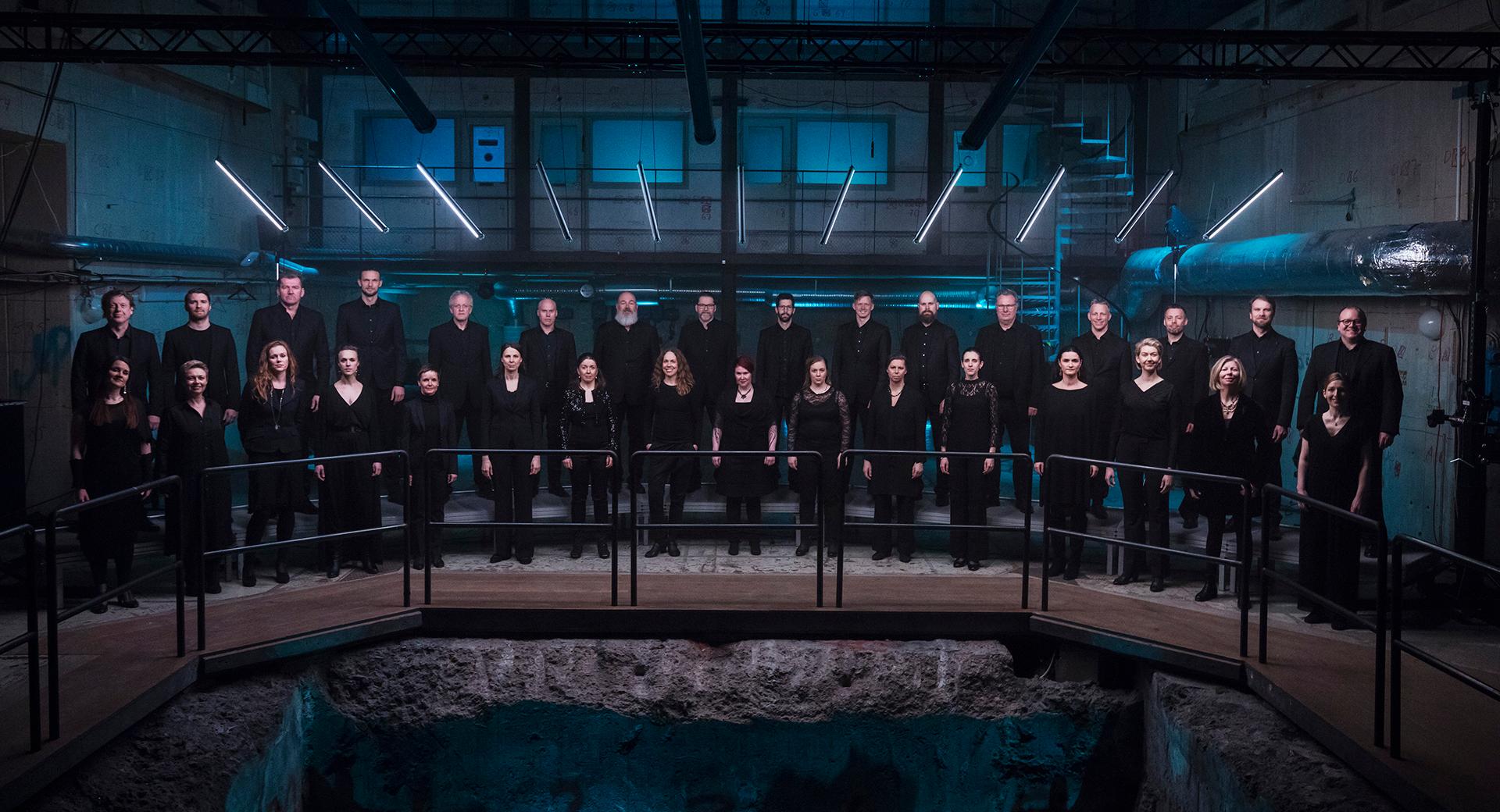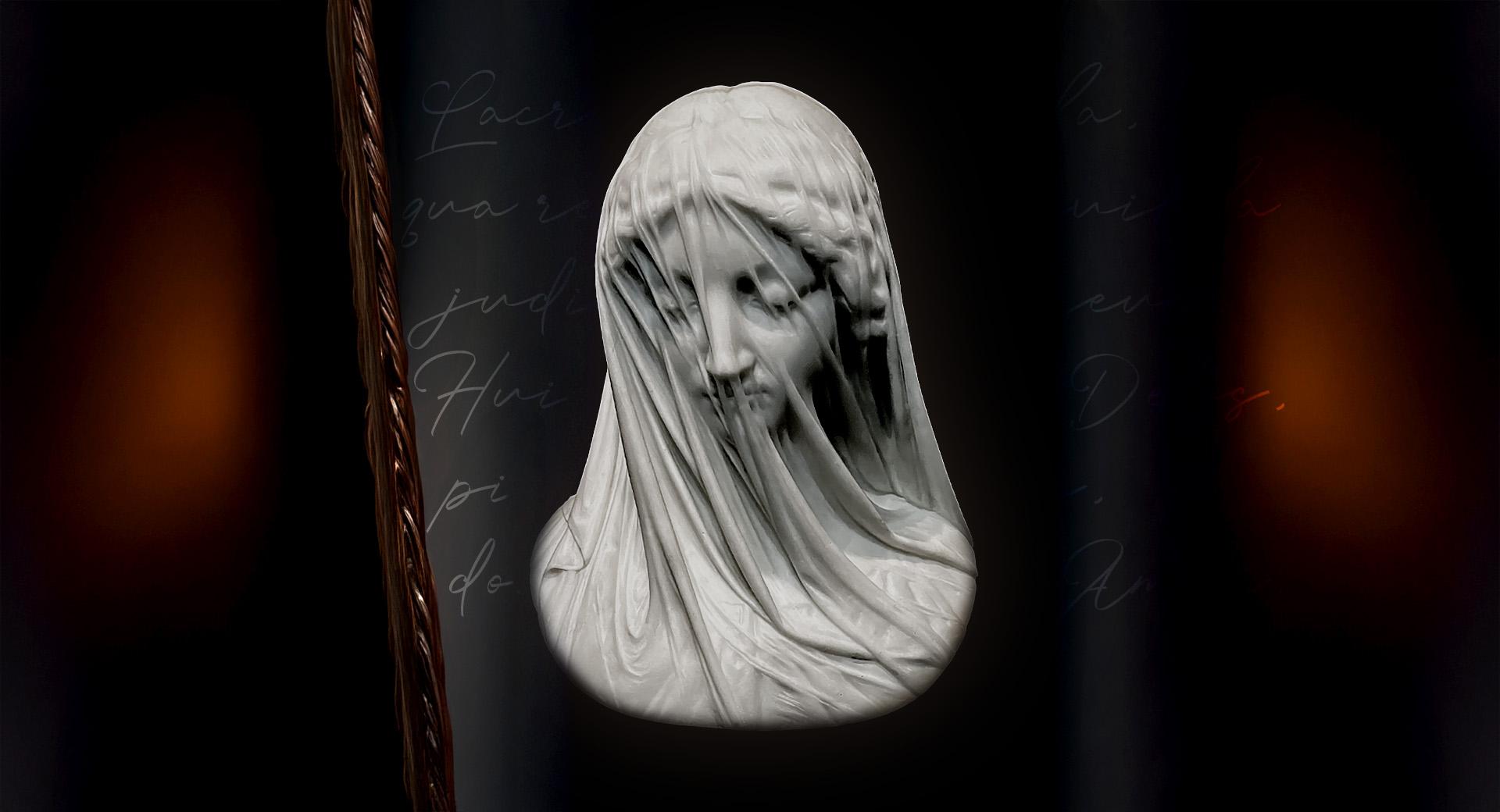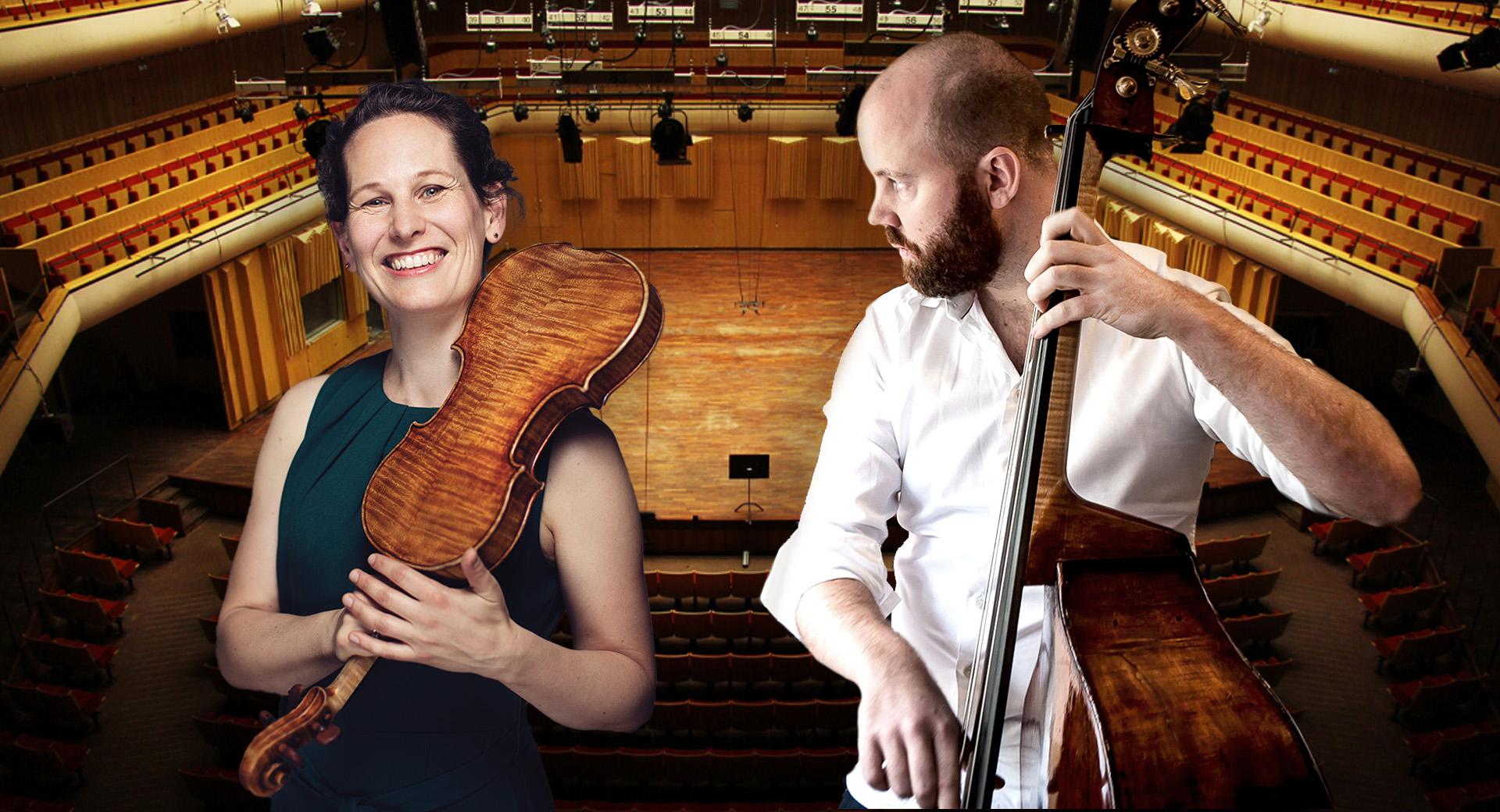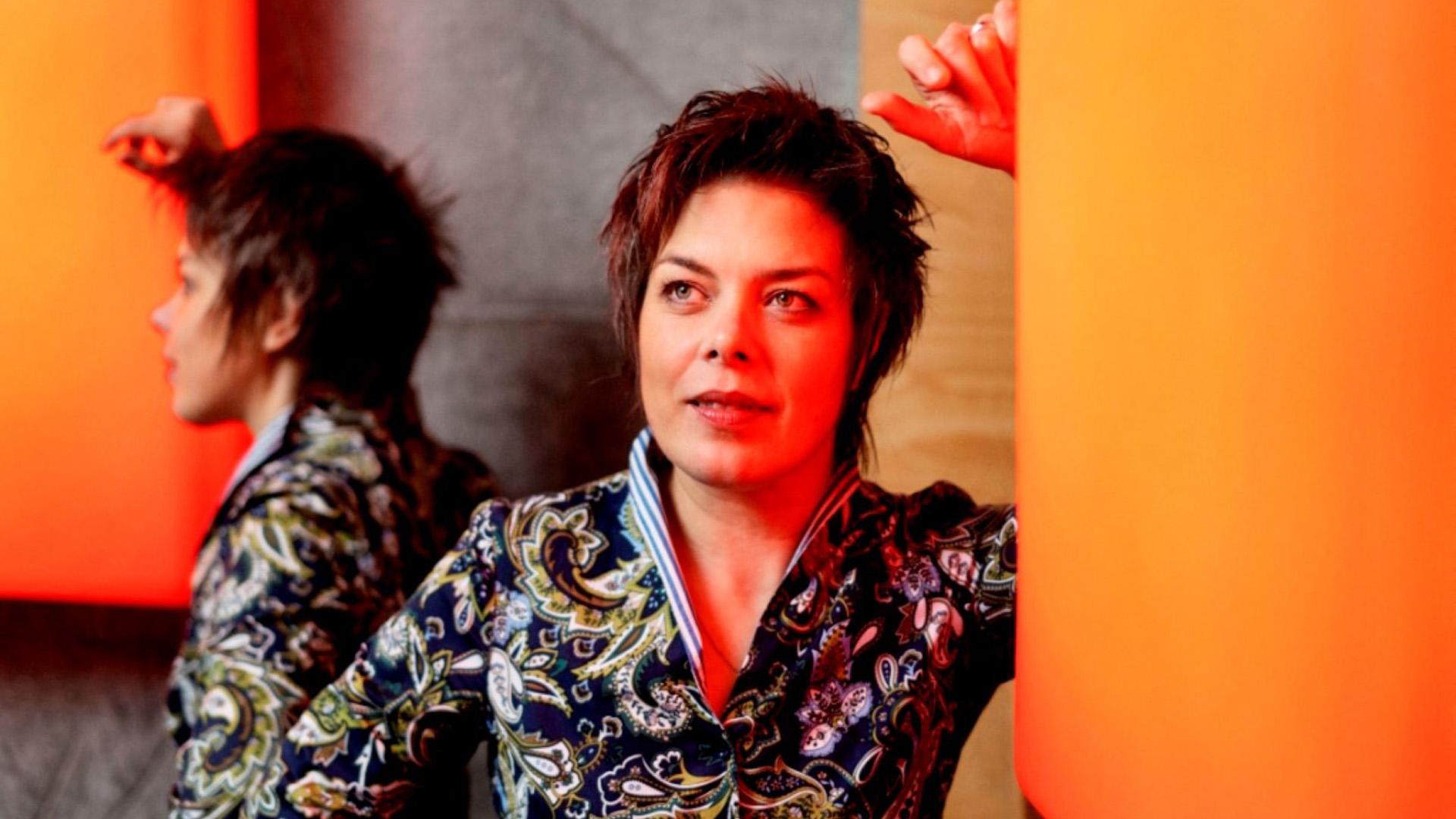Madrigals
The madrigal as a musical form emerged during the Renaissance in Italy. Madrigals were characterised by the emotional emphasis on each phrase, even down to a single word. The Swedish Radio Choir presents six different stories by six different composers. The choir performs some pieces all together and some in smaller ensembles, all depending on what suits each piece the best.
This production is part of one or more concert series.

One evening, Folke Rabe was at a club evening arranged by the Swedish Society of Composers, listening to an analysis of Ann Jäderlund’s poetry. “It struck me that the repetition of words that you make use of,” he later wrote to Jäderlund, “could be used in setting text to music in a way that would create a very intimate relationship between text and music. I had in mind to chose a certain sound or combination of notes for each word used, thus repeating this very sound and these notes every time this word is sung.”
In September 2009, six of Rabe’s twelve songs premièred. He had been considering what to call the songs, which were written for the vocal quartet Vox, when one of the members phoned to ask whether he thought the music would be suitable for a madrigal programme. “And that question was akin to a revelation for me! Of course, it is indeed madrigals, that I’ve been working on!” Rabe’s Madrigals was his last composition.
The Slovenian Katarina Pustinek Rakar let herself be inspired by her 429 year older countryman, Jacobus Gallus, also known as Jacob Handl. In the 1620s, his Moralia madrigals, with lyrics from a collection of medieval aphorisms in Latin, were immensely popular, not least in Sweden. One of the texts in Gallus’s music, Libertas animi cibus, spoke to Pustinek Rakar with a particular intensity. “Freedom is the best seasoning///; without it nothing tastes good. Your own bread is sweeter than all the world’s honey,” two choirs sing.
In a Gestapo prison in French Vichy, the resistance fighter and museum director Jean Cassou exercised his freedom of thought by creating poetry in the darkness of his cell. Each night, he wrote half a sonnet and it was not until right before his release that he gained access to pen and paper and was able to write down what he had memorised thus far. The texts reached the composer Darius Milhaud, who had managed to escape at the last minute with his wife and child from occupied France to the United States. Milhaud’s six sonnets, Six sonnets composés au secret par Jean Cassou was composed in California in 1946.
Almost precisely 40 years later, 1,300 km to the north along the same American west coast, at a ramshackle 50 dollar piano on a remote island and with a view of the Canadian wilderness, the fire-chord was born. That became the starting point of Morten Lauridsen’s choral cycle, Madrigali: Six ‘Fire Songs’, full of fiery love, dissonance and verbal imagery. Simply put, Madrigals!
Text: Janna Vettergren


